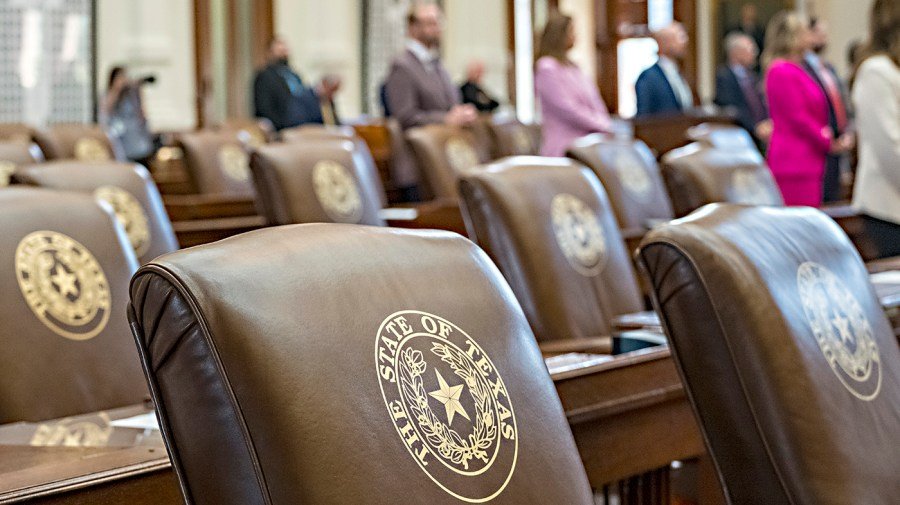AUSTIN (KXAN)– As Texas House Democrats remain out of the state to block a controversial redistricting bill, Gov. Greg Abbott has threatened to call a second consecutive special session, raising questions about what these legislative sessions actually mean and how they reshape the political process in Texas.
With Republicans controlling the Texas legislature but lacking the quorum needed to pass legislation due to the Democratic walkout, the state finds itself in a dramatic standoff that highlights the unique powers and limitations of special sessions in Texas government.
Unlike the constitutionally mandated 140-day regular legislative session held every two years, special sessions are gatherings that only the governor can call. These sessions are limited to a maximum of 30 days and lawmakers are confined to addressing only the issues specifically named in the governor’s proclamation.
Importantly, there are no limits on how many special sessions a governor can call between regular legislative sessions. Sessions can be scheduled back-to-back or even on the same day one ends.
How the legislative process changes
The compressed 30-day timeline changes how legislation moves through the Capitol. Unlike regular sessions, which have multiple deadlines for bills to advance through committees or pass floor votes, special sessions operate with an accelerated schedule designed to focus attention on the governor’s priorities.
Key differences include:
- No bill-filing deadline: Unlike regular sessions where lawmakers must file bills within the first 60 days, special session bills can be filed at any time during the 30-day period.
- Shortened notice requirements: Public hearing notices drop from five days to just 24 hours in the House
- Limited floor debate: Speaking time is reduced to 10 minutes per member during the final five days.
- Focused agenda: Only topics in the governor’s proclamation can be considered
Perhaps most importantly for the current situation, all bills must be refiled when a new special session is called. Legislation doesn’t carry over between sessions, even if identical bills were filed in the previous session, they must be introduced as new bills and assigned new numbers in the subsequent session.
What exactly this means for the committee process? Bills will have to be referred back to committees and voted on once again. When it comes to redistricting, we may not see the same redistricting field hearings like we saw in Houston and Arlington. That is a decision for the chair of the committee. However, if the committee is going to vote on a bill, it will allow for public comment.
If the current special session ends without passing the redistricting plan, Abbott has promised to “call the Texas Legislature back immediately for Special Session #2” with the exact same agenda. For the legislative process, this would mean:
- All bills would need to be refiled with new number and go through the introduction process again
- The 30-day timeline would restart completely
- Committees would need to hold public hearings allowing for testimony before voting on bills, though they would not be required to repeat field hearings already conducted during the current session
Although the session is set to end Aug. 19, it is likely headed for an early conclusion, with Speaker Dustin Burrows announcing Tuesday they will adjourn Friday if Democrats don’t return, and Abbott vowed to call another special session immediately. For Texas voters watching the drama unfold, the standoff illustrates how the state’s legislative rules and procedures can amplify political conflicts.
